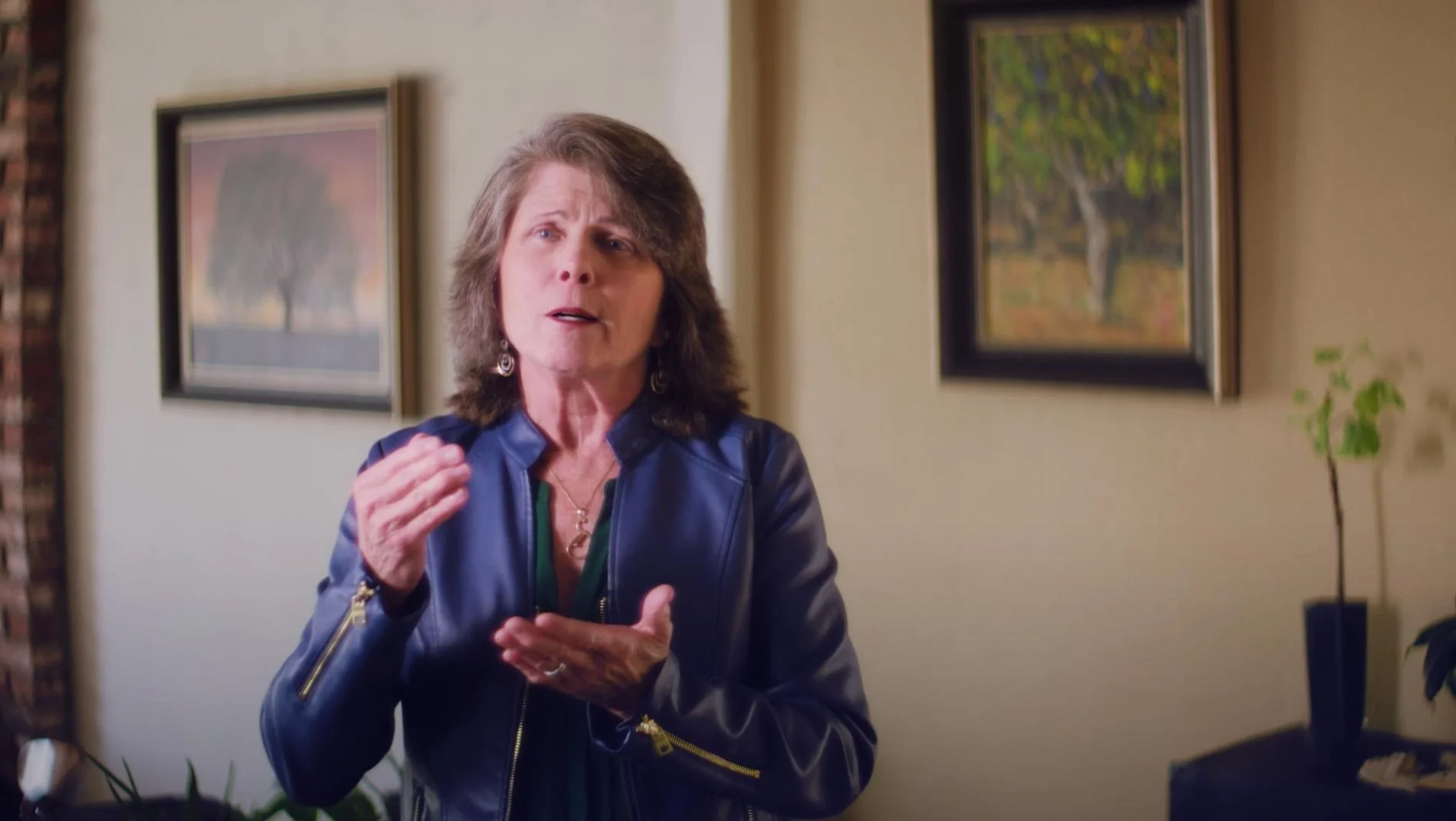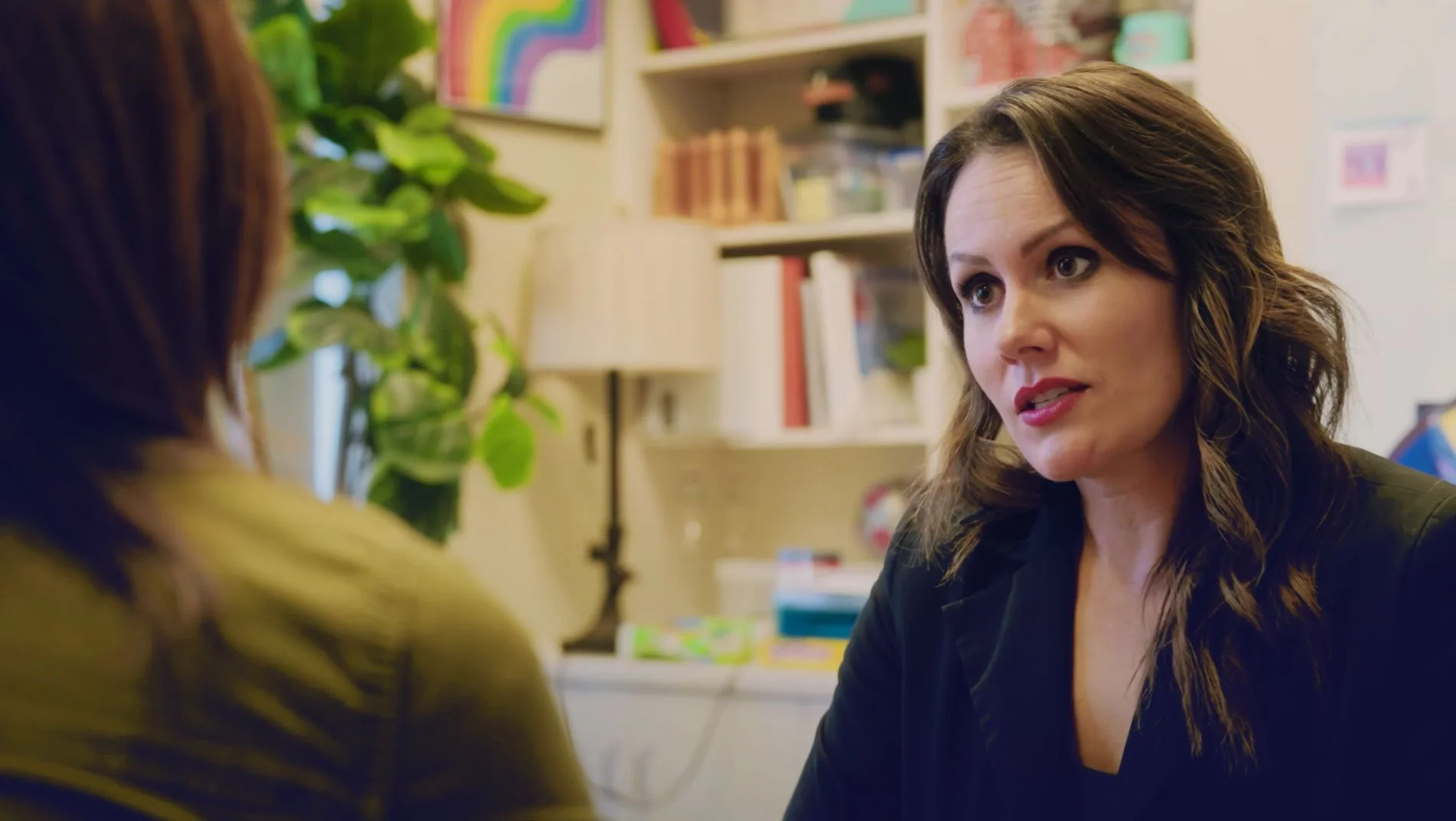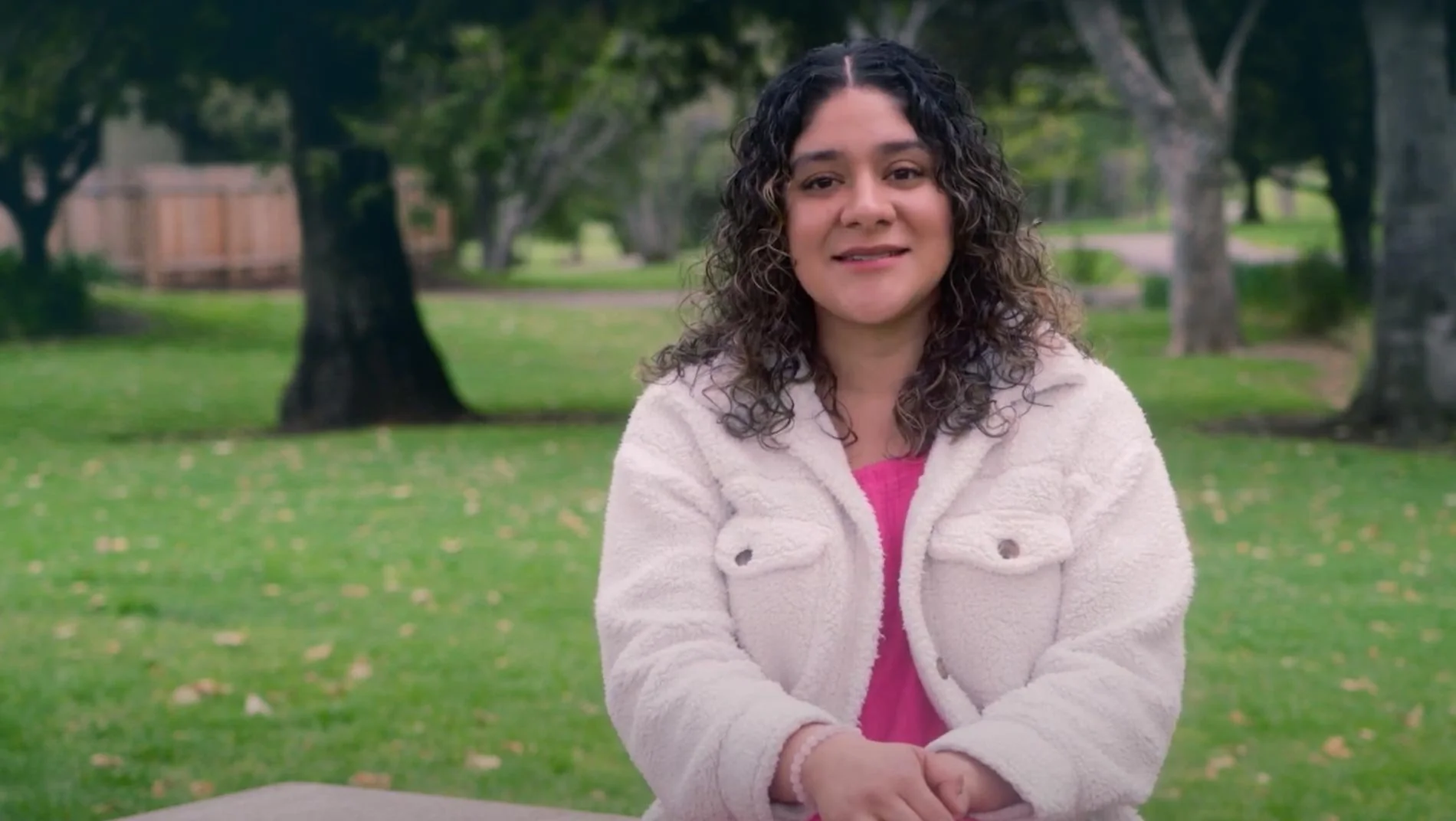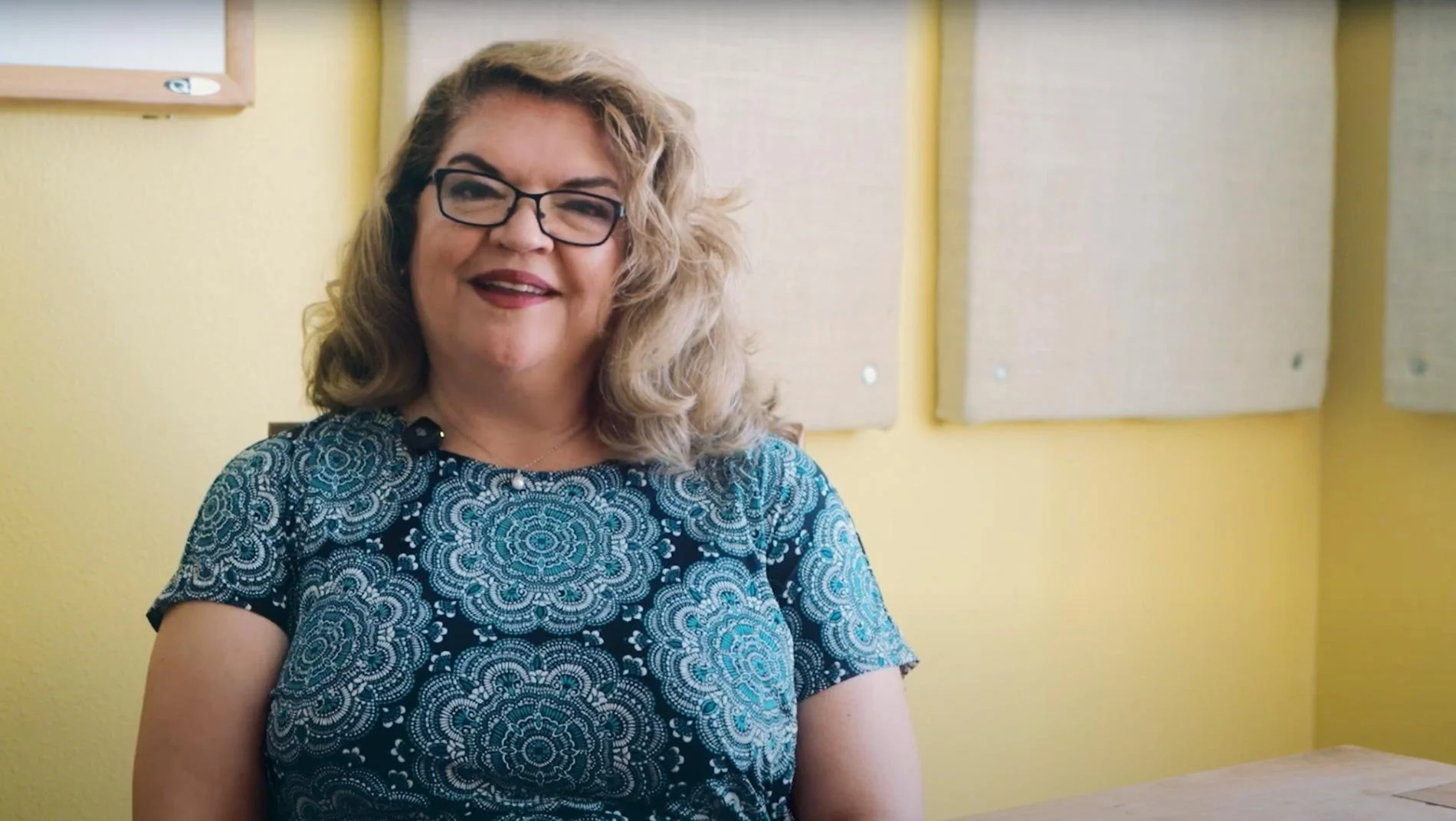Every story has power.
At Lumina Alliance, storytellers are the heart of our mission. They are survivors reclaiming their voices, volunteers offering their time, advocates standing for change, and community members illuminating hope. Whether you’ve been personally impacted by sexual or intimate partner violence or are working to create a safer, more just world—your story matters.
Our storytellers include survivors, board members, staff, donors, and partners—each playing a vital role in the movement to end violence and build a future where healing and empowerment thrive.
Our commitment to empowering storytellers
At Lumina Alliance, we honor the courage of those who choose to share their stories. Our Storytelling Principles of Trust ensure that every storyteller is supported, respected, and empowered. We embrace diverse experiences, framing stories from a place of strength rather than victimization. Transparency is key—we clearly communicate expectations, goals, and any potential risks. Story sharers always have the right to approve how their story is used, opt out at any time, and receive ongoing support before, during, and after sharing.
We also offer training in public speaking and interviews to help storytellers feel confident and prepared. Above all, we remain committed to upholding our Storytellers Bill of Rights, ensuring that every voice is honored with dignity and care.
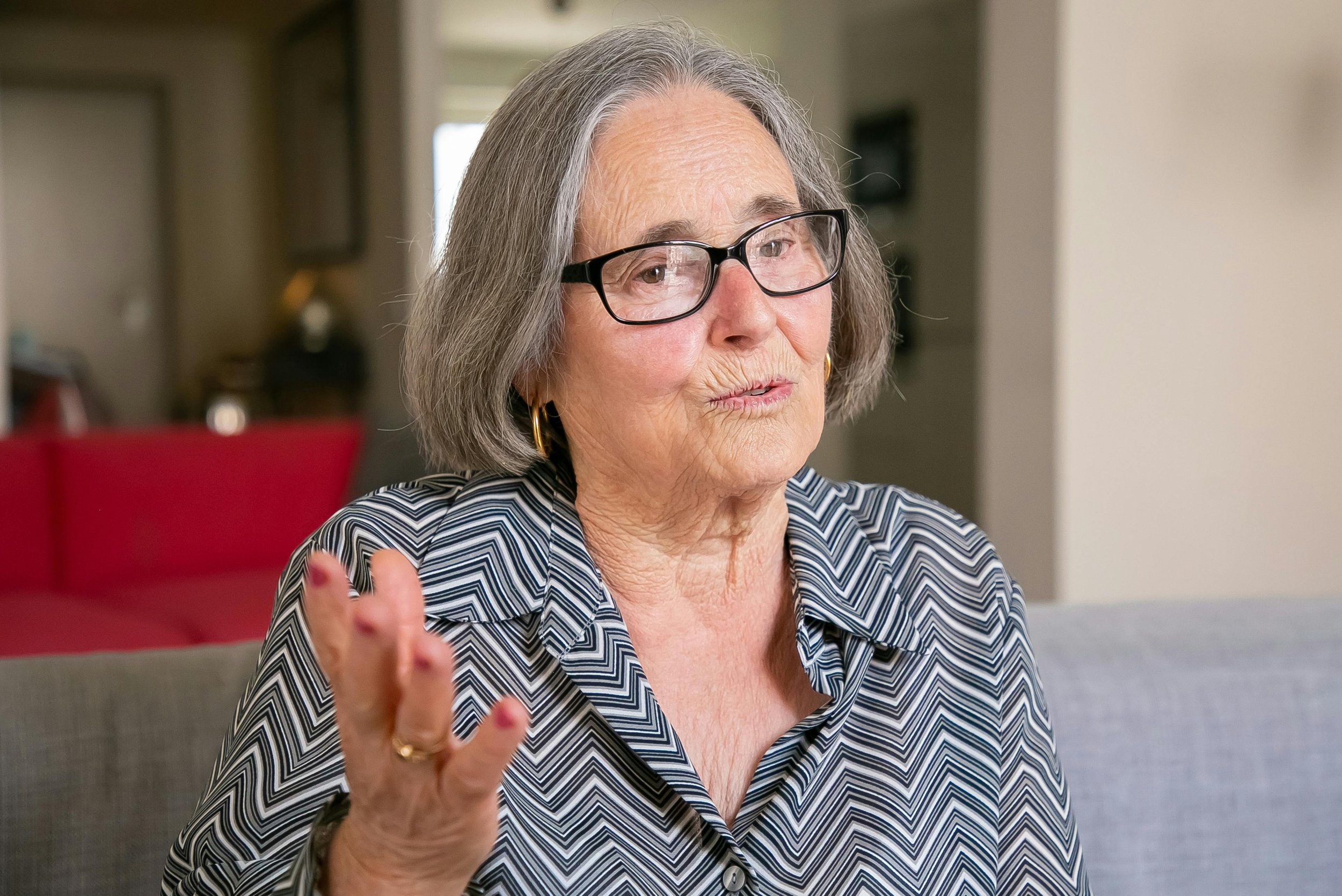
Storytellers bill of rights
At Lumina Alliance, we believe that every storyteller deserves respect, autonomy, and support. When sharing or being invited to share a story, storytellers have the right to decide when, where, how, and if they wish to do so—without any impact on their access to services or participation in our programs. They can request training, invite a support person, and ask for details about the audience and purpose of their storytelling.
Safety and security are a priority, and no one is expected to answer questions or share details they are uncomfortable with. Storytellers have full control over how they are identified, the right to edit their story, and the freedom to protect personal information. They are never expected to speak on experiences beyond their own and can opt out at any time. Above all, their voice is their own, and their story will only be shared with explicit consent and thoughtful care.
Sharing your story
Your story has power, and how you share it is entirely up to you. If you're interested in telling your story, we invite you to connect with us in a way that feels safe and comfortable.
To get started, reach out to us with the form below, email us at contact@luminaalliance.org, or call our business line at (805) 781-6400 to schedule a time to speak with our Communications Director. During this conversation, we’ll walk you through our Storytellers Bill of Rights and Storytelling Principles of Trust, ensuring you feel fully informed and supported.
From there, it’s your choice—whether you’d simply like to talk, have your words transcribed, or record your story in your own voice. However you choose to share, we are here to listen with care and respect.
There are many ways to participate
Write a letter
Speak publicly
Record video or audio
-
From the National Resource Center on Domestic Violence From the Front of the Room Series
An Advocate’s Guide to Help Prepare Survivors for Public Speaking (English, Spanish, Arabic)
A Survivor’s Guide to Public Speaking (English, Spanish, Arabic)
Storytelling for Social Change: Sharing Your Childhood Story of Domestic Violence (Webinar)
From the National Survivor Network
From NOW
From National Mass Violence Victimization Resource Center
Contact us about becoming a Storyteller
Cindy Steinbeck
on Lumina's emergency housing program“I decided to take the courage to walk through those doors. It takes a lot of courage to walk through those doors.”
Jennifer Dawson
on Lumina's prevention programs“I think if I would have these tools back then, it could have been prevented.”
Leann Standish
on Lumina's advocacy services“I was trying to get out of an unsafe situation and move. It started with just a phone call...
“And I am so grateful today for the way my life is, and the strength that I found through the process.”
Melinda Hatfield
on Lumina's prevention & education programs“I just want people to know that you can get out. And everyone deserves to be loved, and loved without fear.”
Stephanie Sandoval Sanchez
on Lumina's emergency shelter services“Talk to someone. Never keep things to yourself, especially if it's making you question ‘Is this the way that things should be?’”
Michelle McCovey-Good
on Lumina's therapy program“I didn't realize how much darkness and how much weight I carried inside myself... Through the counseling and therapies that my sisters and I have done, we've been able to break that cycle of abuse and that hurt.”





